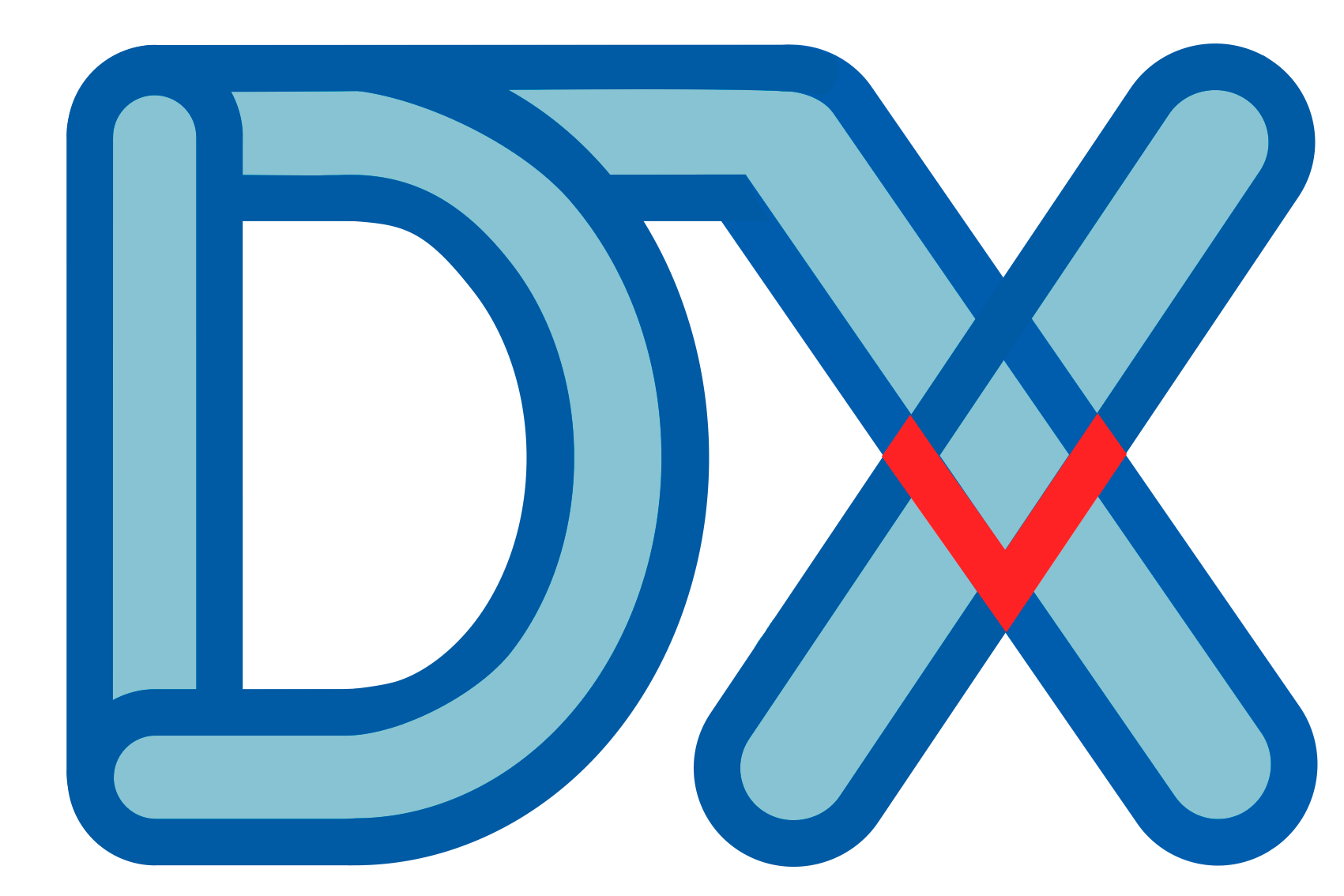
Virtual PBX software created specifically for small business needs. If you use your phone to sell actively, receive orders, run a call center or offer customer support, this free cloud PBX will give you more tools than most paid competitors. Here's what you get. .
Basic ceatures:
- Incoming calls are free.
- Outgoing calls are $0.01/minute.
- Automatic dialer, IVR.
- Call recording.
- Online call logs.
- Works worldwide.
- Fax.
- Blacklist.
You receive

Cloud PBX

Callback-widget

CRM integration
We provide a fully featured virtual PBX that comes with greetings, voicemail, call queuing, ability to record phone calls and save them as mp3 files. It supports unlimited internal employee extensions, call waiting, ability to put callers on hold or transfer them to another agent. You can also forward calls to your mobile number automatically, if they don't get answered by your agents.
Cloud and on-premise PBX comparison
| Cloud based PBX | On-premise PBX |
| Pros: Easily customizable and scalable Cost-effective for small to mid-level companies Virtually no CapEx Controlled OpEx No specialized staff needed 24/7/365 US-based support 99.999% uptime | Pros: Total control and ownership over system Cost-effective for larger companies |
| Cons: Client does not own hardware or software Contract-based | Cons: High CapEx and OpEx Need specialized staff to run and maintain Vulnerable to disaster |
| A cloud hosted PBX system is more common for small businesses to medium enterprises that don’t have the budget, the space, or the need for an on-premise VoIP system. The hosting VoIP provider handles all the installations, maintenance, and upgrading of the system so the client doesn’t have to. Extremely cost-effective for most business, a PBX cloud system requires virtually no capital expenditures to implement and operating costs are usually set at a low, predictable monthly rate. | An on-premise PBX system is a common choice for larger companies who have robust PBX needs and a dedicated team of IT staff that can handle the implementation, monitoring, maintaining, and upgrading of the system. Rather than outsourcing their PBX VoIP system, these companies can afford to front the costs of hardware and software in addition to specialized IT personnel. |
